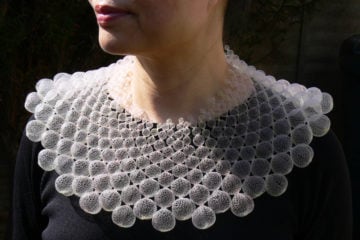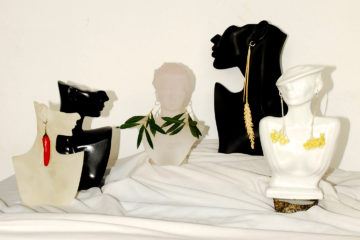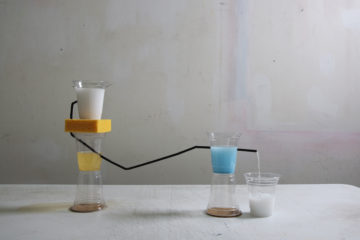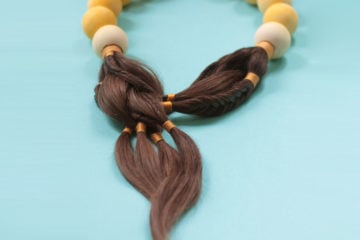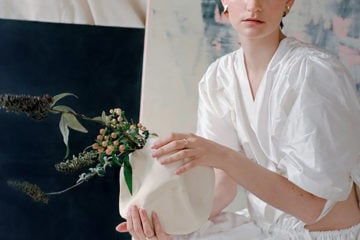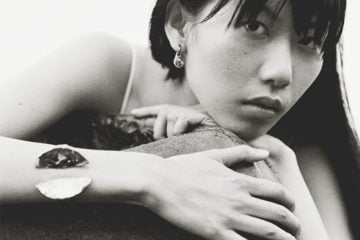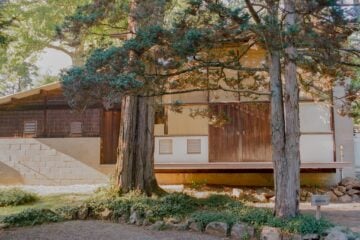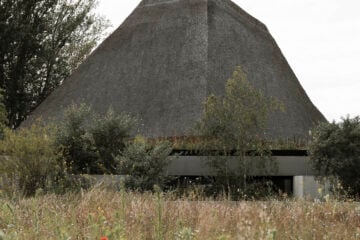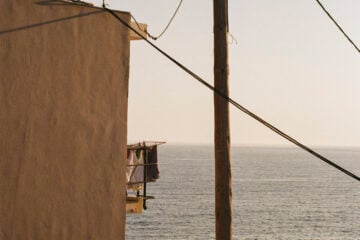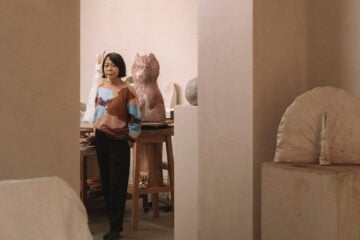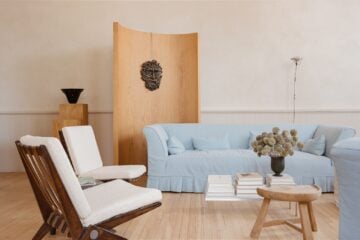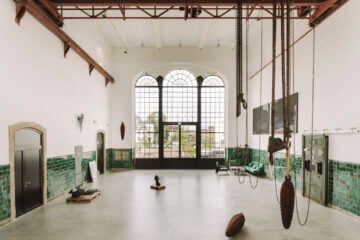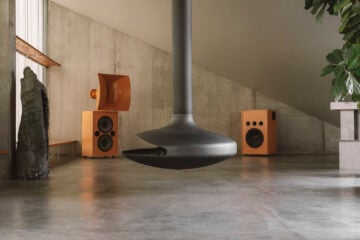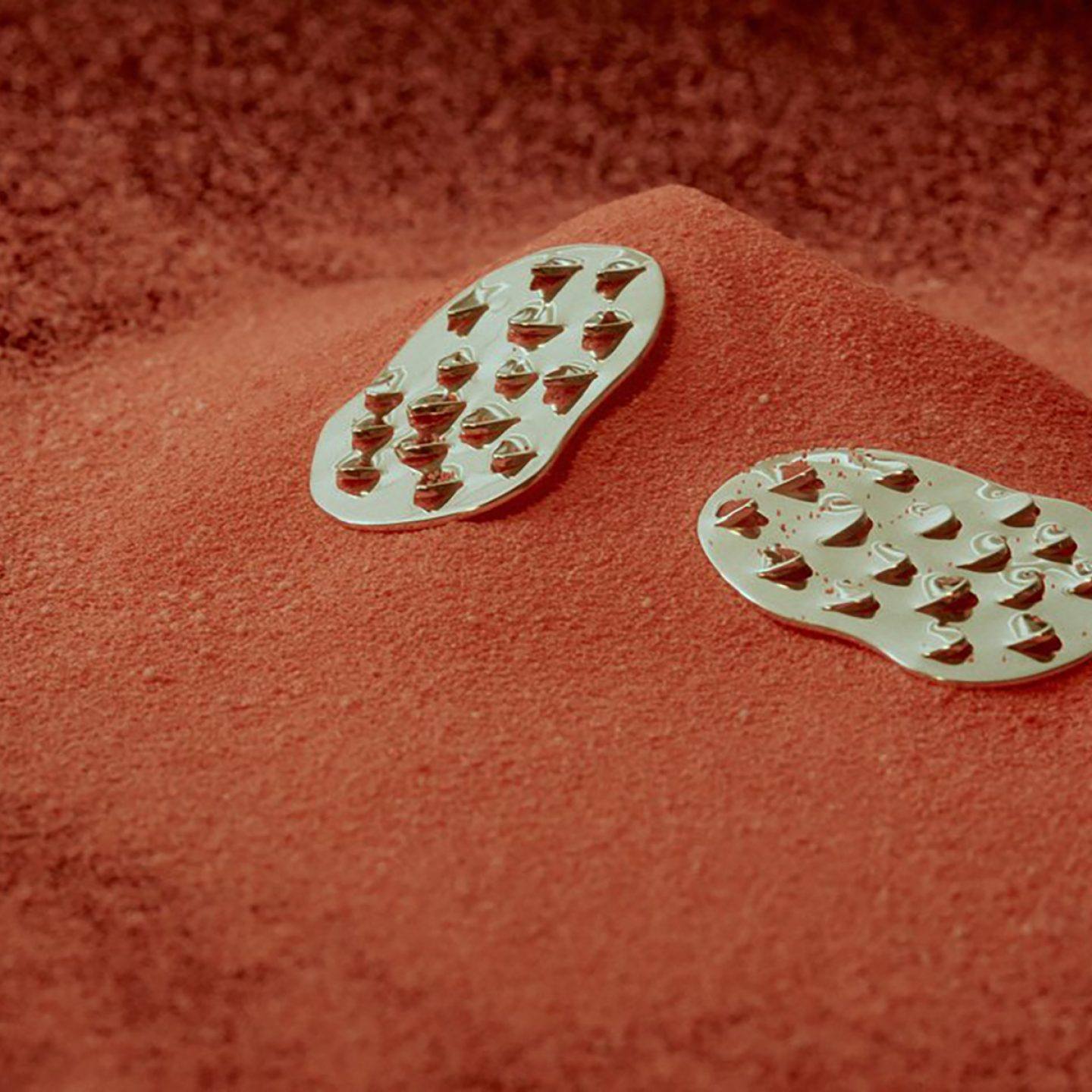
Jeweler Zohra Rahman On Pakistan As Both Challenge And Reward
- Name
- Zohra Rahman
- Images
- Zohra Rahman
- Words
- Rosie Flanagan
Zohra Rahman’s eponymous jewelry label is an ode to her history; the Lahore-based designer creates pieces with an emphasis on craft and community—reimagining traditional apprenticeships and heralding a new age of gharānā.
Rahman studied jewelry design at Central Saint Martins, but unlike many of her contemporaries, left London upon graduating, determined to set up her business where she had grown up, Lahore in Pakistan. Here, she has created a workshop that is bound to the concept of gharānā; an artisanal apprenticeship that traditionally linked generations of craftspeople. In her studio, she has reimagined this concept—individually training each apprentice in the intricacies of jewelry making. From their space in Lahore, Rahman and her small team craft each and every piece sold by the studio; from the melting of the metal to engraving, molding, finishing and polishing. We spoke to Rahman about her decision to leave London, and the challenges and rewards of being a young woman opening a business in Pakistan.
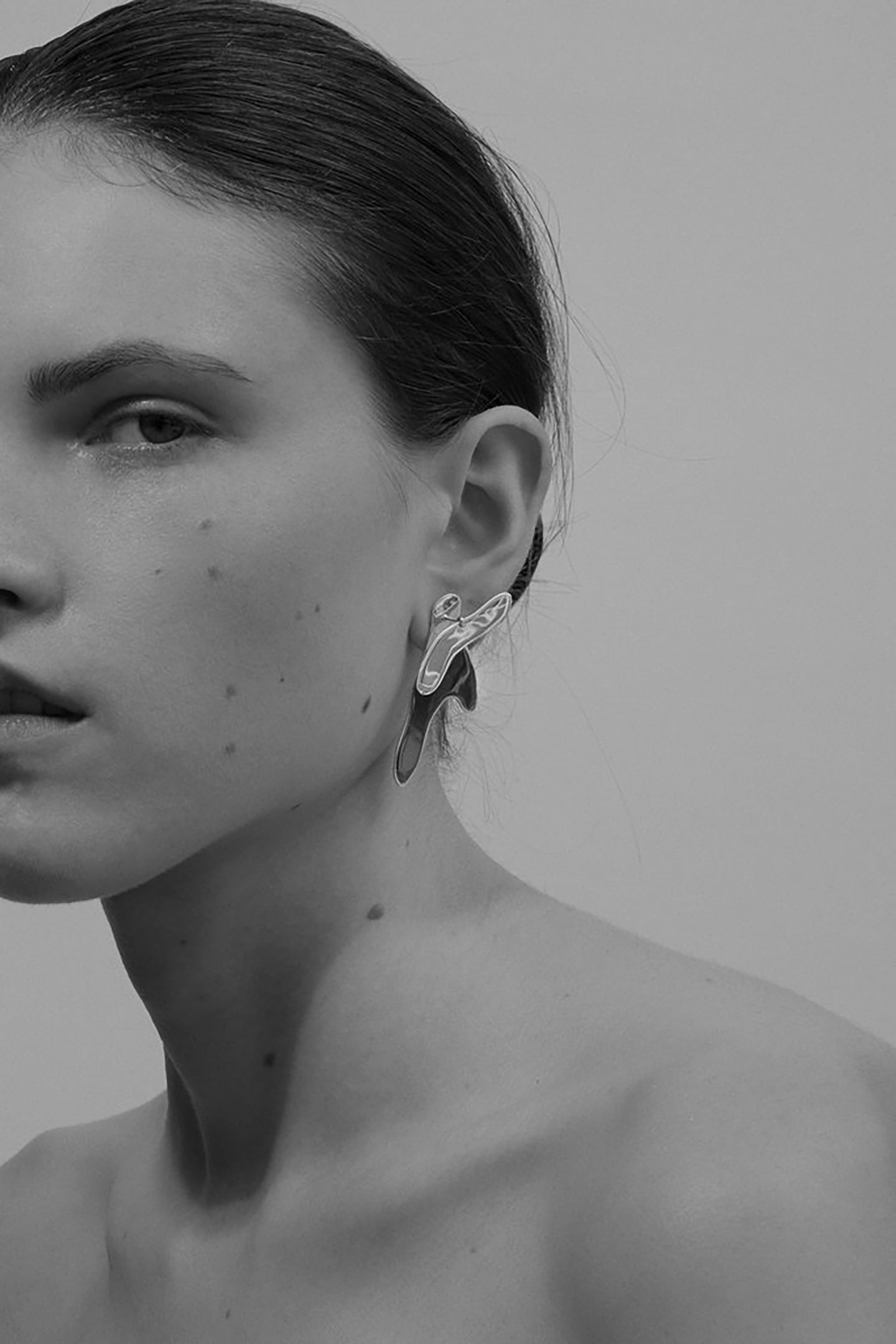
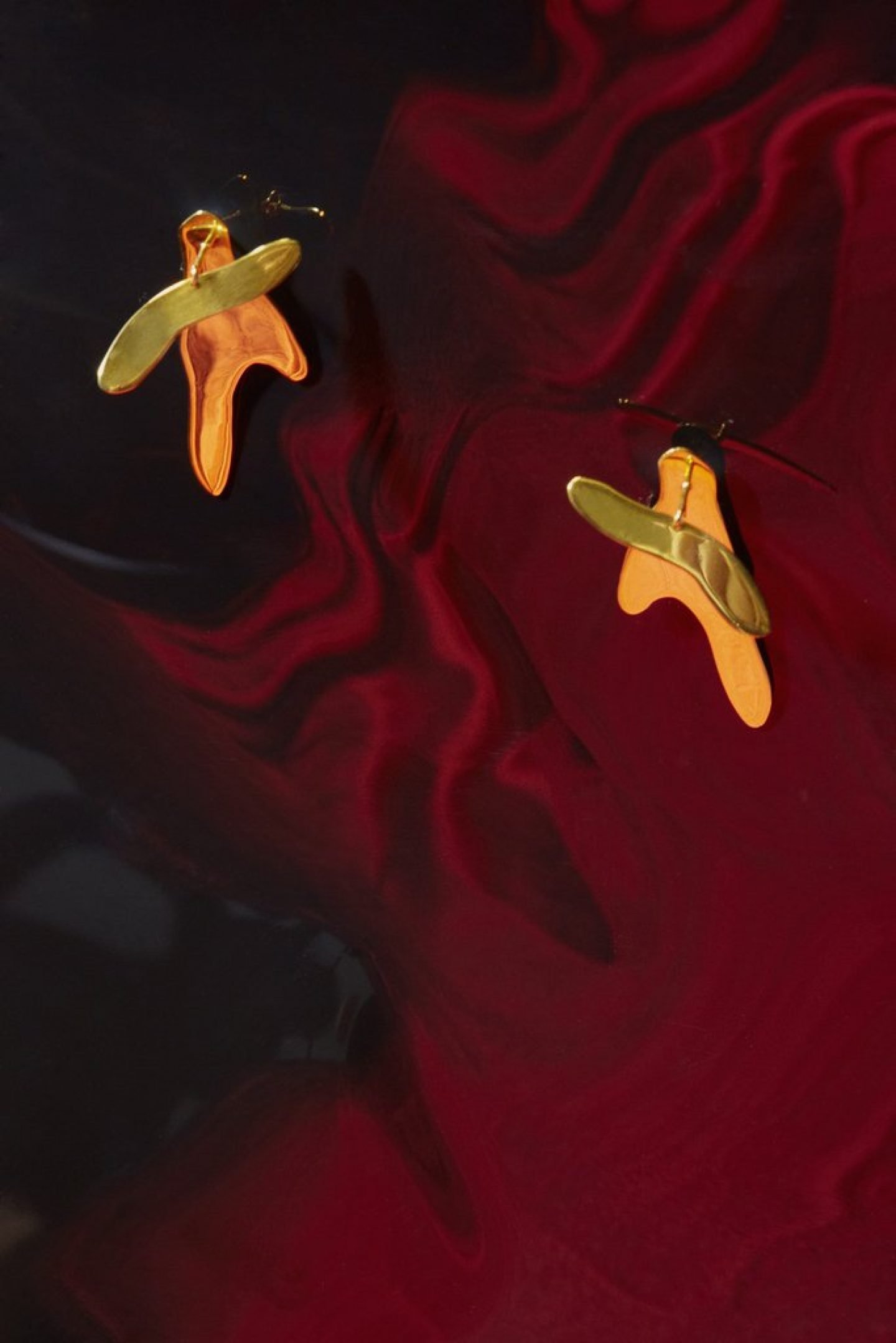
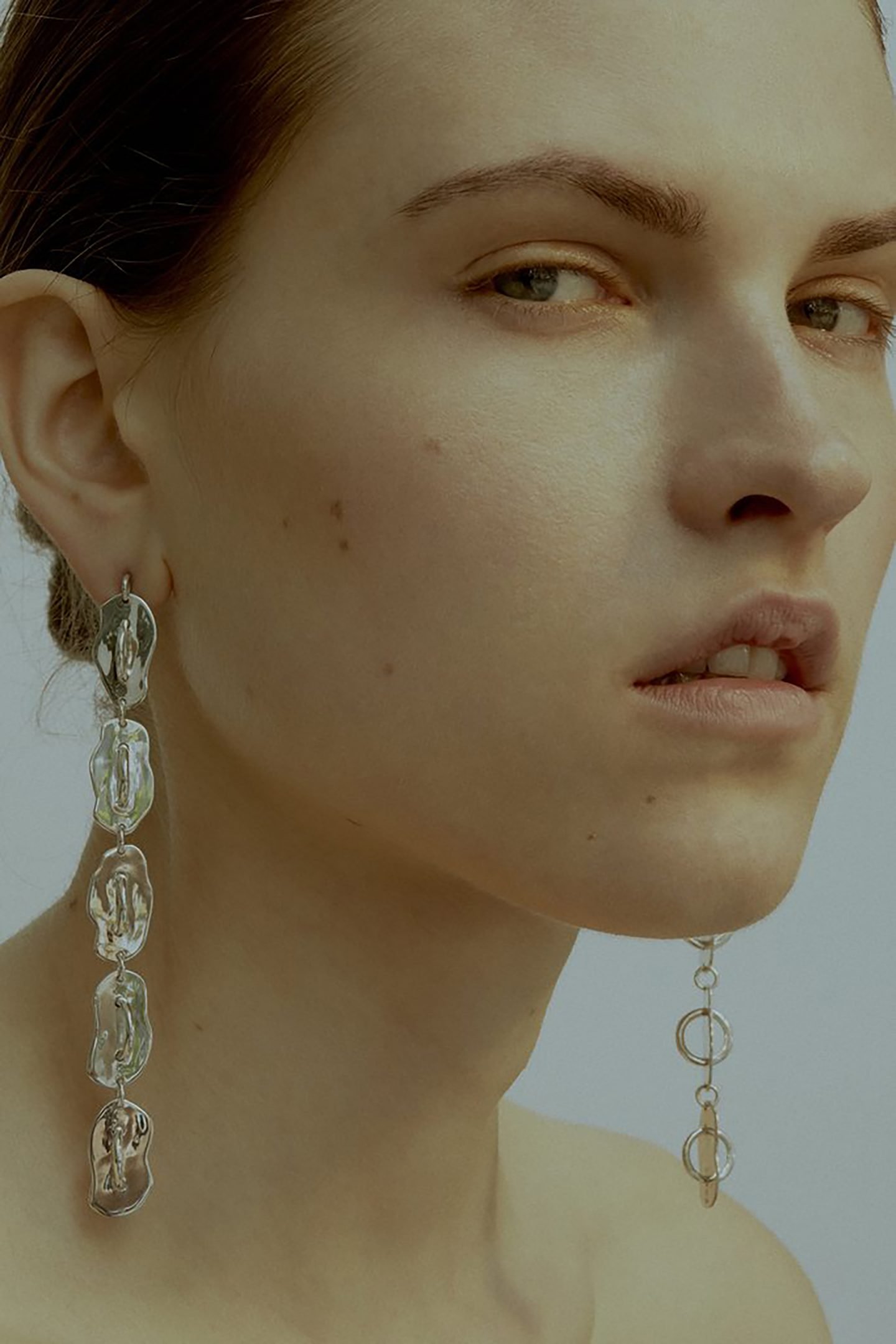
What is it like running a business—and living—in a city like Lahore?
Lahore is a complex place with so many layers. But I will say: it’s challenging working here as a woman. And for the same reason, it is even more rewarding seeing my designs come to fruition. The more I work here the more I can contribute to my country’s relationship with and understanding of jewelry and design. There aren’t many brands doing stuff like ours so everything we do registers in some way—people are either intrigued or put-off or inspired. And that is the whole point of art!
Why was it important for you to begin your label in Pakistan? Was there not the temptation to stay in London after you graduated?
There was great temptation to stay in London, in theory—surrounded by a community of like-minded artists interested in pushing the envelope—but in practise that would have been hard for me. With my passport, I would have had to, at best, settle for a low-end job in the creative industry just to be able to continue living there.
At some point, you have to weigh what matters to you in the long run. I’m a creative person and it would not have brought me joy to spend my time doing something that didn’t allow me creative freedom simply in order to live a first-world life. As problematic as Lahore can be, I have the social capital, support and access to pursue my creativity. And I hope this eventually allows me to get the best of both worlds.
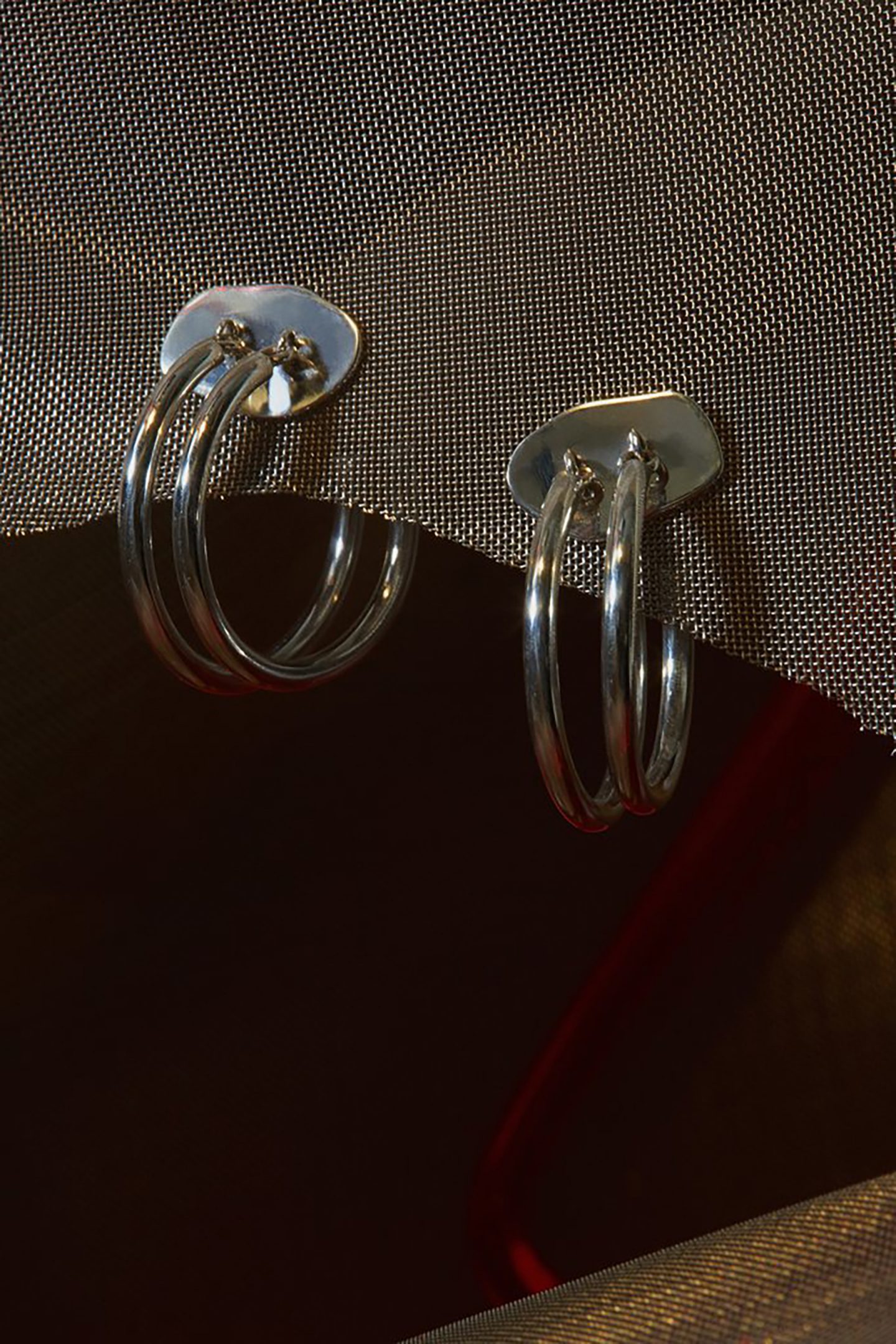
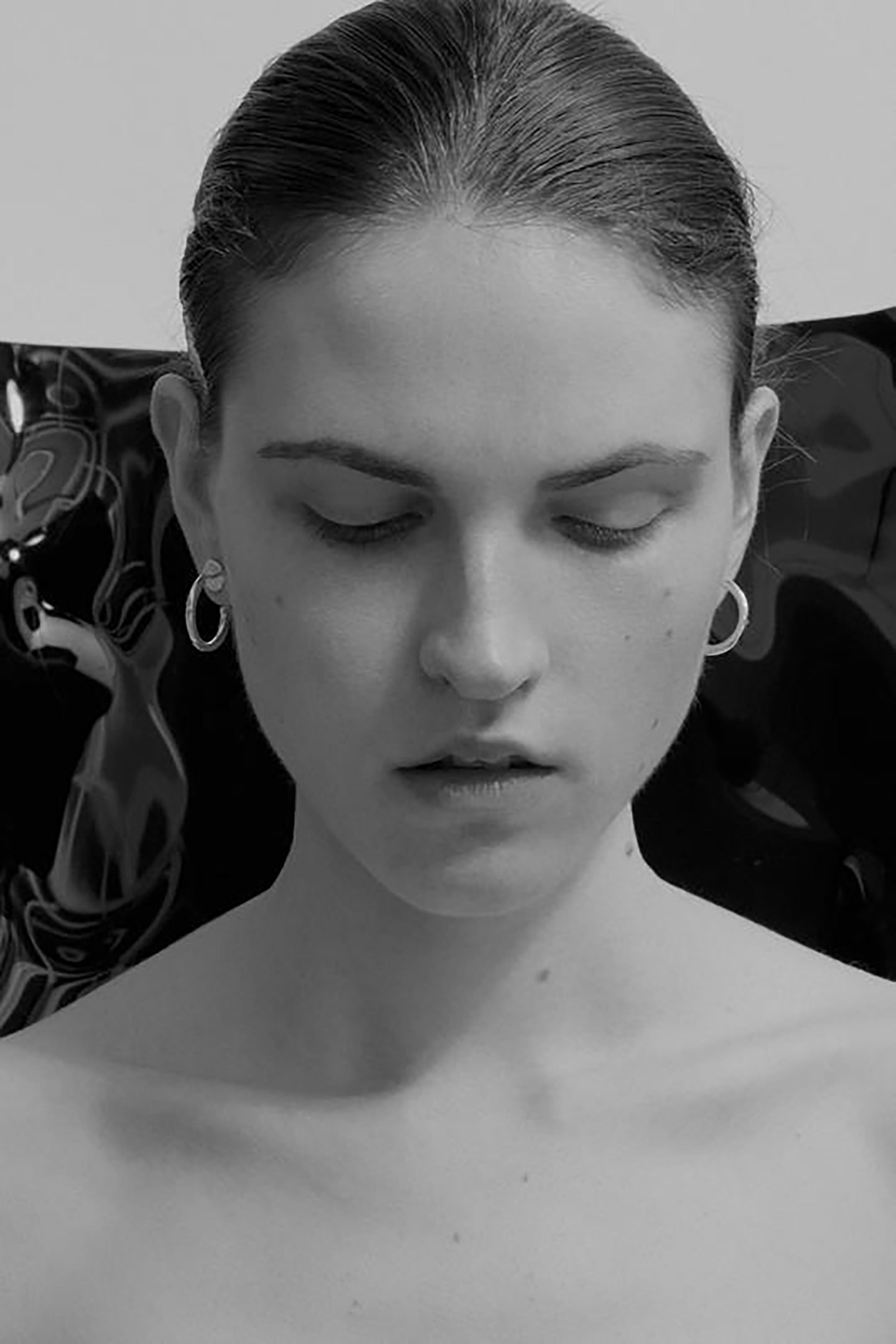
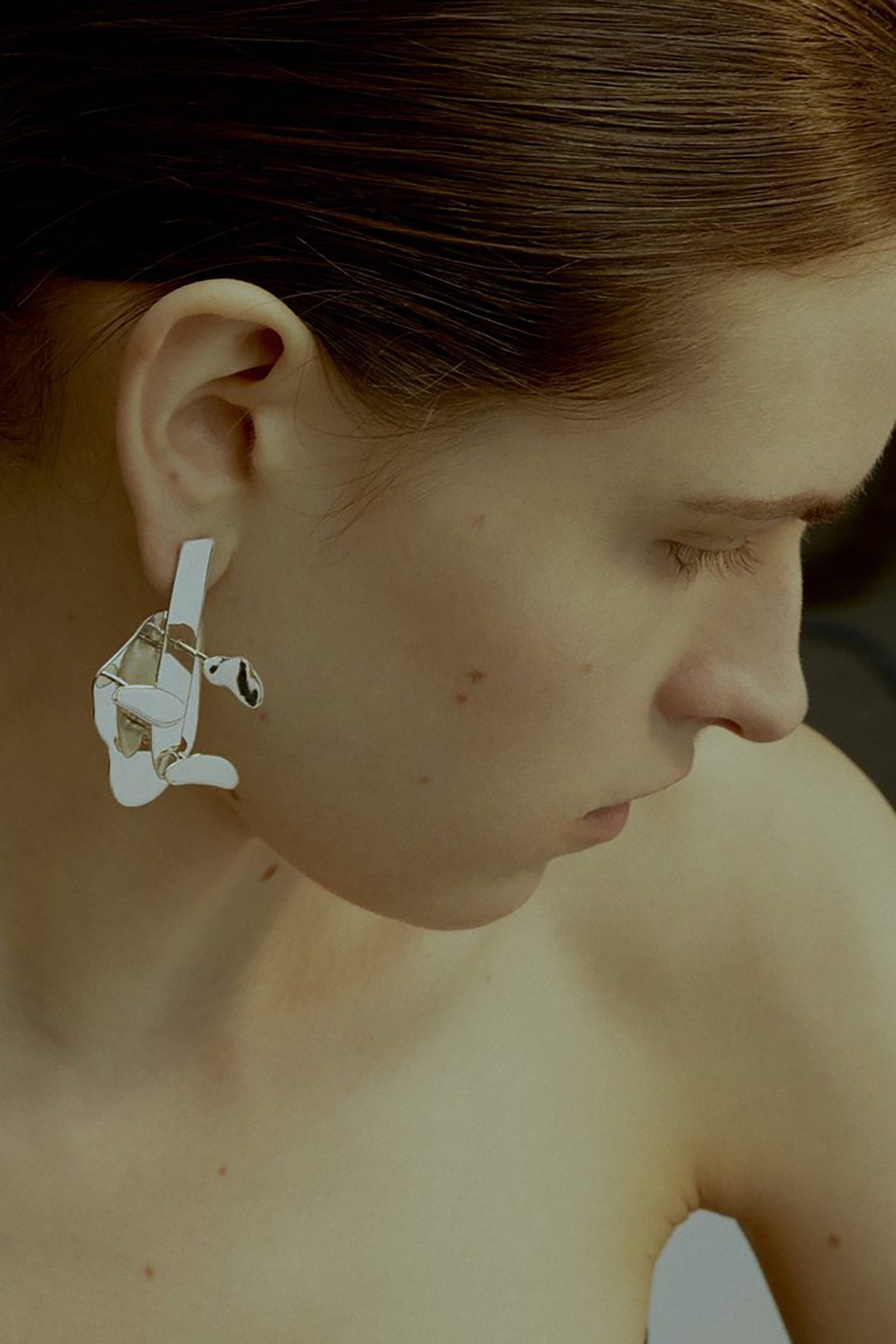
Place gives a certain shape to creative practice: How do you think Lahore does this to your work?
In Lahore I had to learn how to make everything from scratch. We make our own sheet, wire, get our stones cut. Initially, I found it quite challenging to grapple this as I was used to everything available ready-made in London and I was quite spoilt! But now I think this allows me so much freedom to design and focus on details and create something truly our own. It forces you to think outside the box and realize all the creative decisions one can make when designing.
Could you explain the concept of gharānā, and the way in which it functions in your workshop?
The concept of gharānā is something that’s very much alive here. Most craftspeople and musicians learn through their master. But the process is actually much more painstaking as the knowledge is passed on very slowly—once the student has shown that they are loyal and committed. Our studio is a modern twist on this concept: we hire untrained apprentices and want to immerse them in the process of jewelry-making from the get-go. What we create is not traditional; you could say we are using traditional training to fashion new ideas.
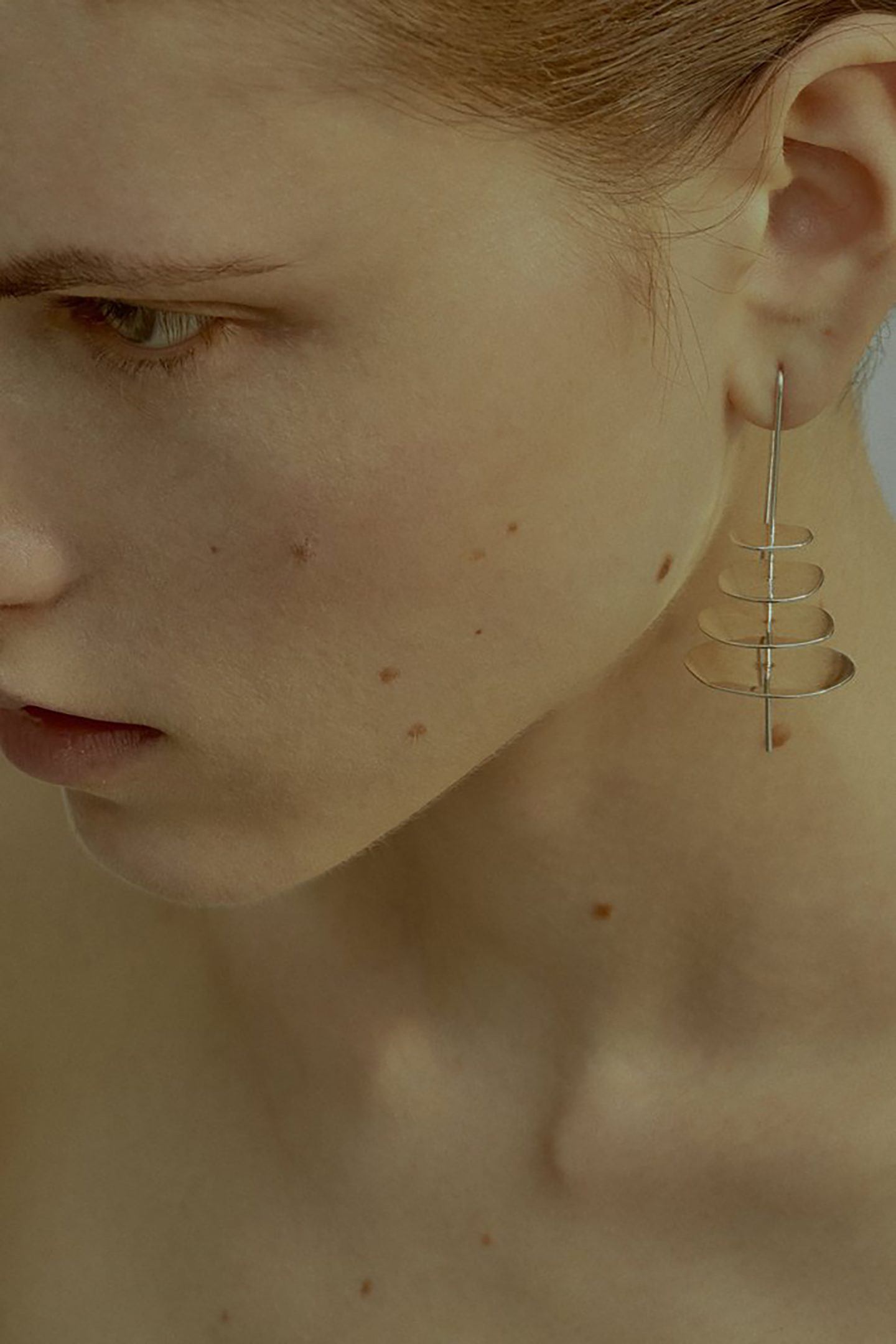
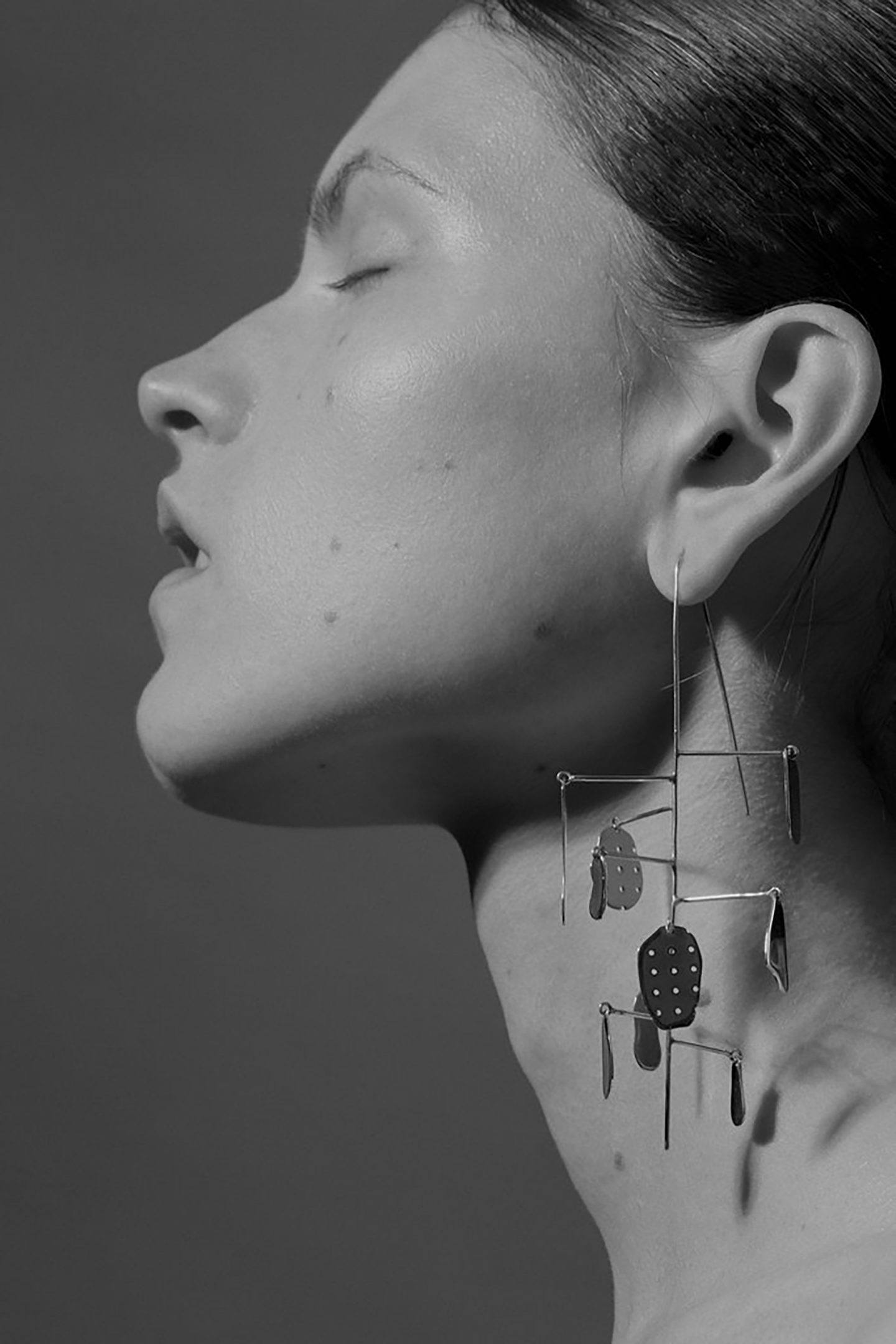
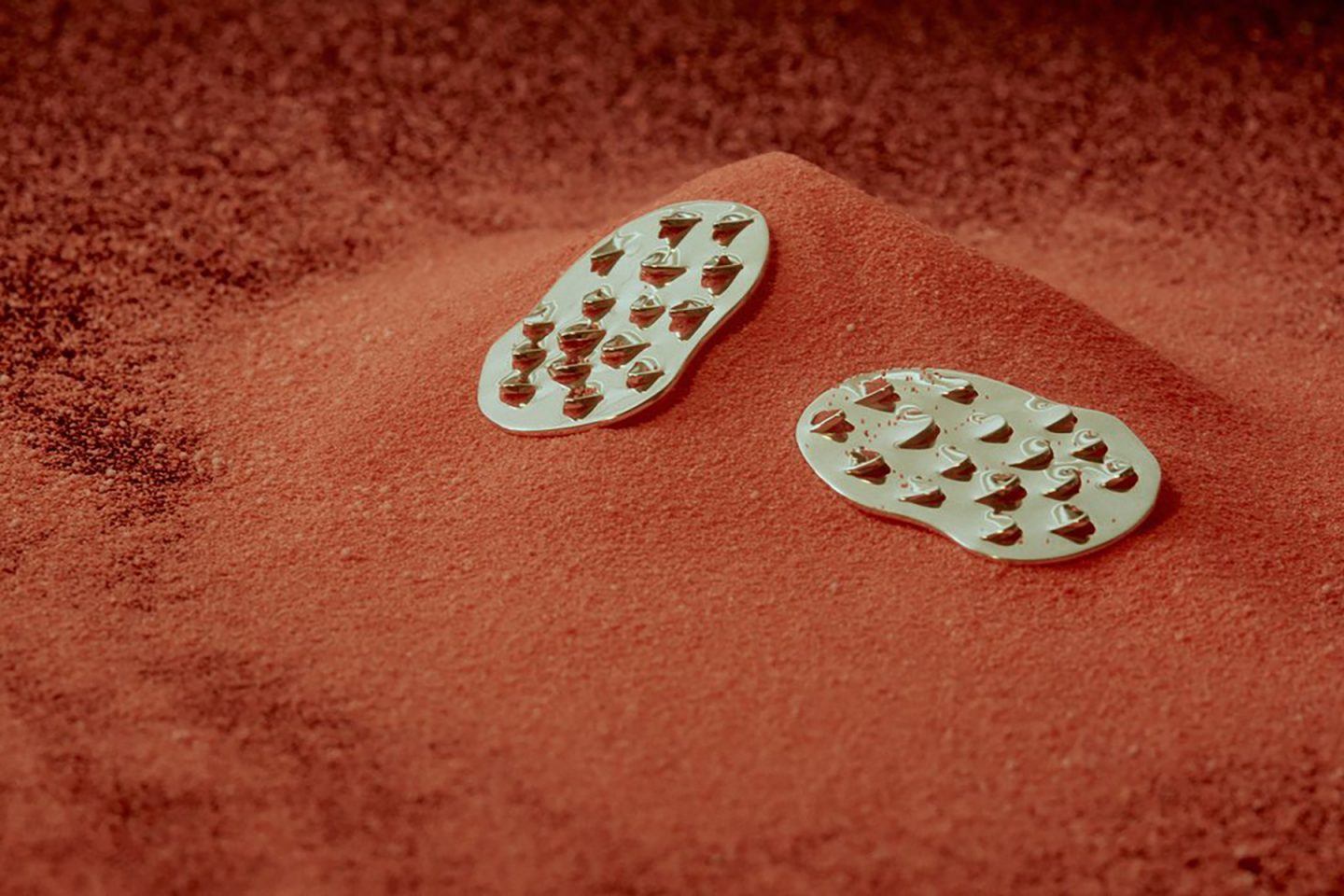
All images © Zohra Rahman
